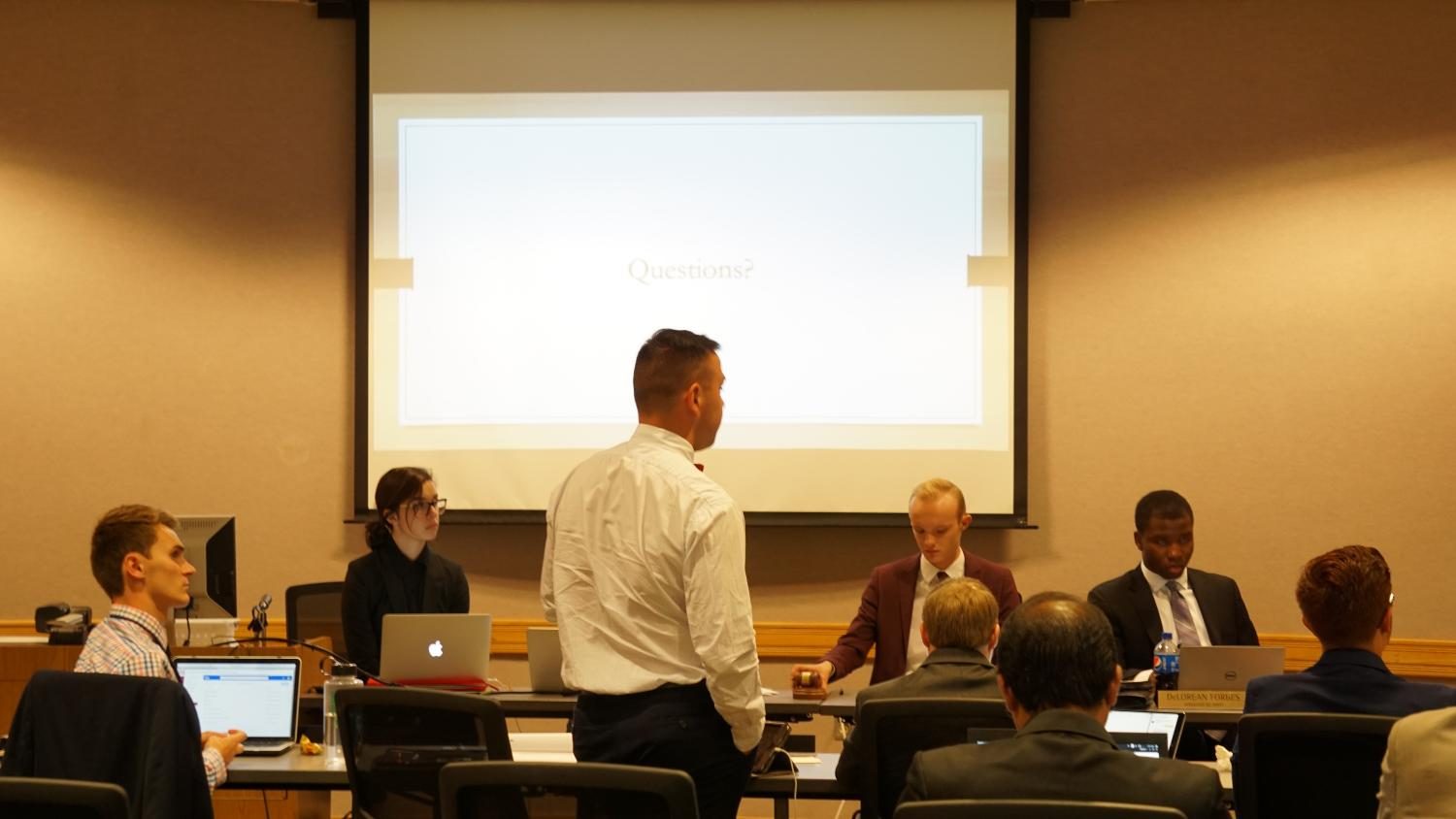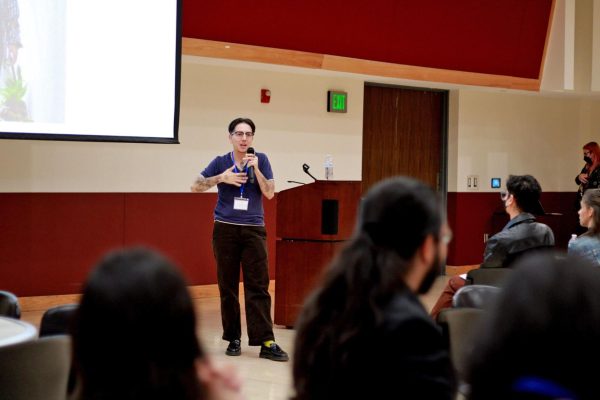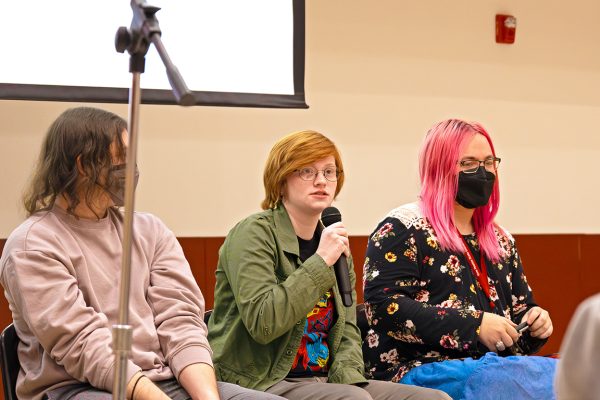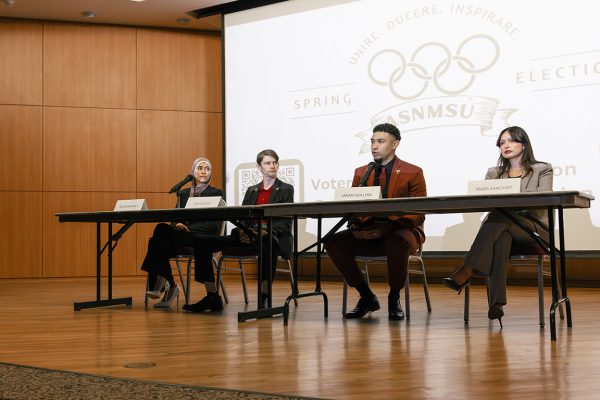ASNMSU Fight For Lottery Funding
More stories from Tylan Tapley
The Office of Governmental Affairs at ASNMSU is trying to advocate to make the lottery more solvent for students this next year.
During the State of New Mexico’s special legislative session in May, the lottery scholarship was cut from funding 90 percent of student tuition to 65 percent. This event occurred because the liquor excise tax, which was passed in 2014 was not renewed during the regular session or the special session because it was not heard. The liquor excise tax contributed a large sum of money to the lottery scholarship fund, allowing it to remain secure. This event has affected students all over the state.
With this recent event, one of the venues in place that ensures the voices of students all over the state are heard by legislators is the Office of Governmental Affairs and the student advocacy board, both of which are entities of ASNMSU.
The student advocacy board is made up of a group of full time students, from the different colleges at NMSU, that act as a student voice to the legislators in Santa Fe. The Office of Governmental Affairs is designed to represent the student advocacy board and the student body directly in Santa Fe. The director of the office of Governmental Affairs is Uriel Muñoz.
“Since the scholarship was reduced, I decided to take it on to see if there was a way to up that average, and increase funding to students,” Muñoz said.
Director Muñoz began working on a plan to change the disbursement numbers on the scholarship in order to make it more solvent for future students. Director Muñoz and his office are looking at different ways to put more money into the scholarship, such as allocating unclaimed prize winnings and putting them back into the scholarship fund. They are even considering proposing another tax similar to the liquor excise tax to help replenish the funds.
“Another thing I have been working on is creating a sliding scale. Meaning, the higher the GPA, the more tuition coverage you could receive,” Muñoz said.
The proposed scale will implement a minimum GPA in order to receive a minimal amount of funding. Muñoz explains that, under his proposal, the minimum will be a 2.75, earning the student 60 percent of coverage. The maximum GPA would be 3.5 and above, earning the student 85 percent tuition coverage.
Director Muñoz is working with the student advocacy board to establish their legislative agenda in order to get their outlined proposals sponsored by a legislator in Santa Fe. Since the Office of Governmental Affairs does not hold legislative power, they cannot propose legislation in Santa Fe. They must write a bill, and present it to a legislator for sponsorship. Once a sponsor is found, the bill can be proposed in the legislature.
The last thing they must do is make sure that the lottery scholarship gets on call by the governor.
“It needs to be something she wants to look at,” Muñoz said.
If the Governor chooses not to hear it, then the bill is essentially dead for this legislative session. Should that happen, it will stall the efforts to reform the lottery scholarship until the next legislative session. This would not be the end of the legislative efforts to make the lottery scholarship solvent.












